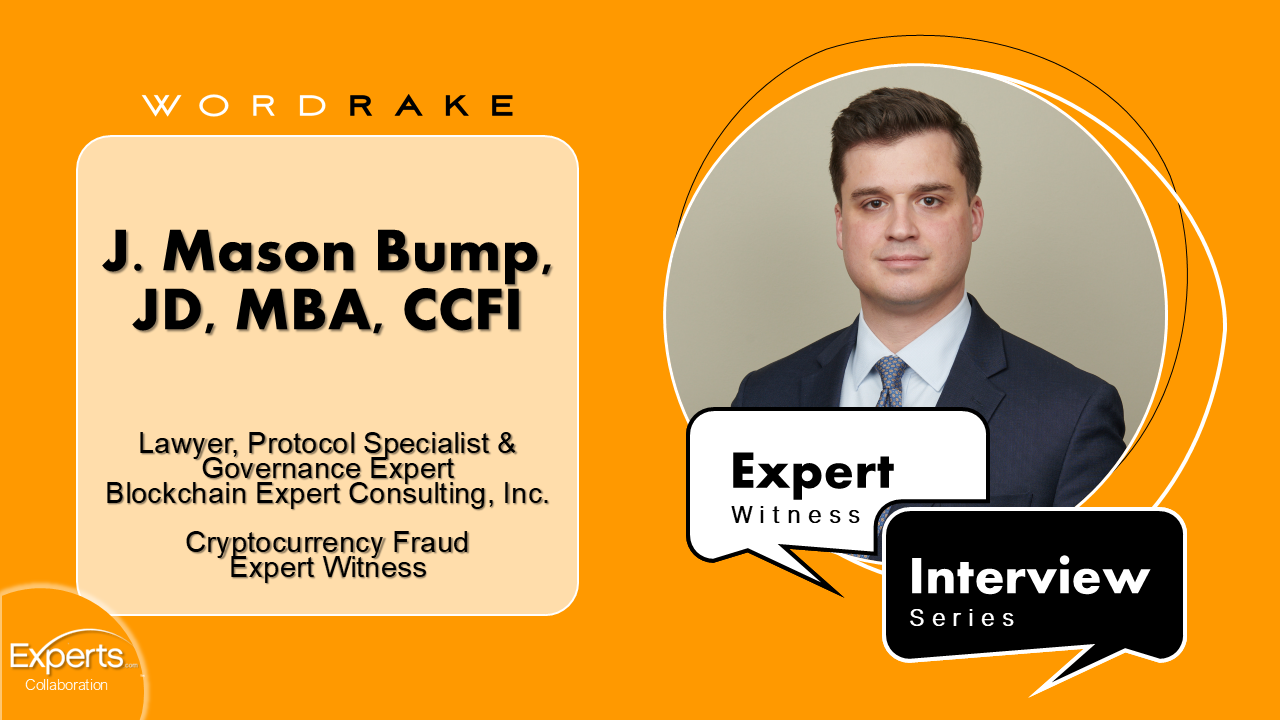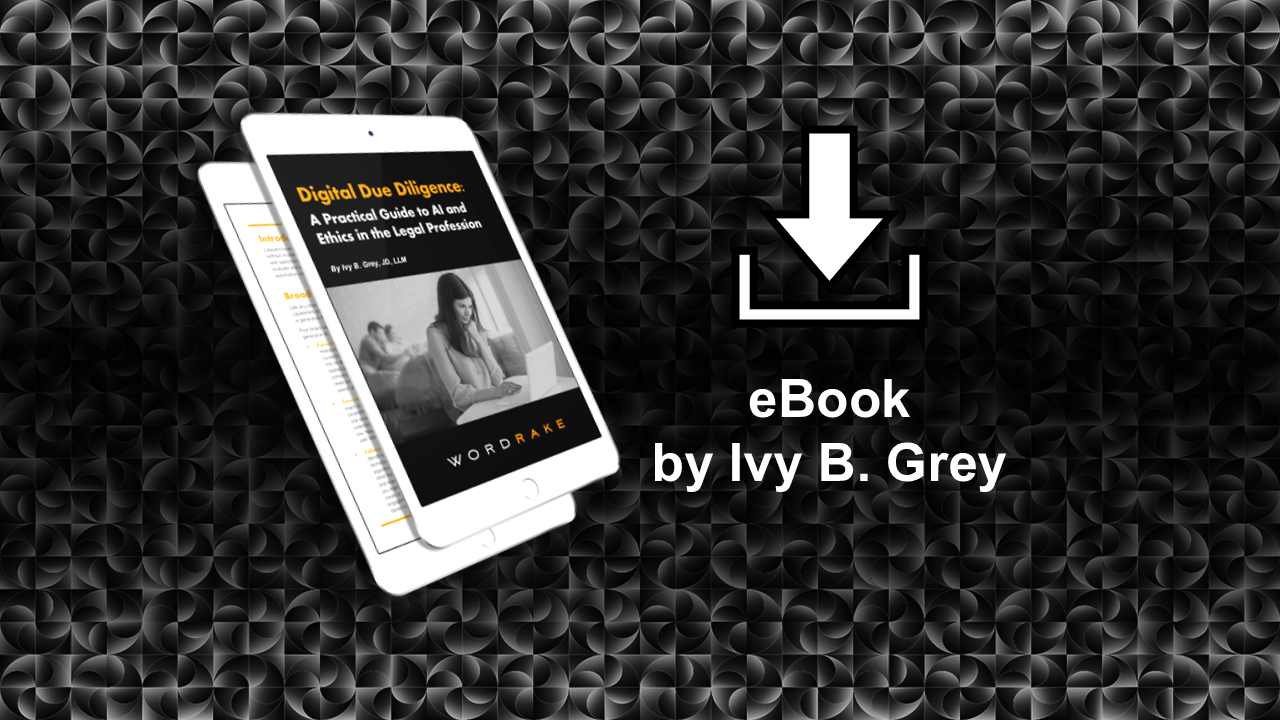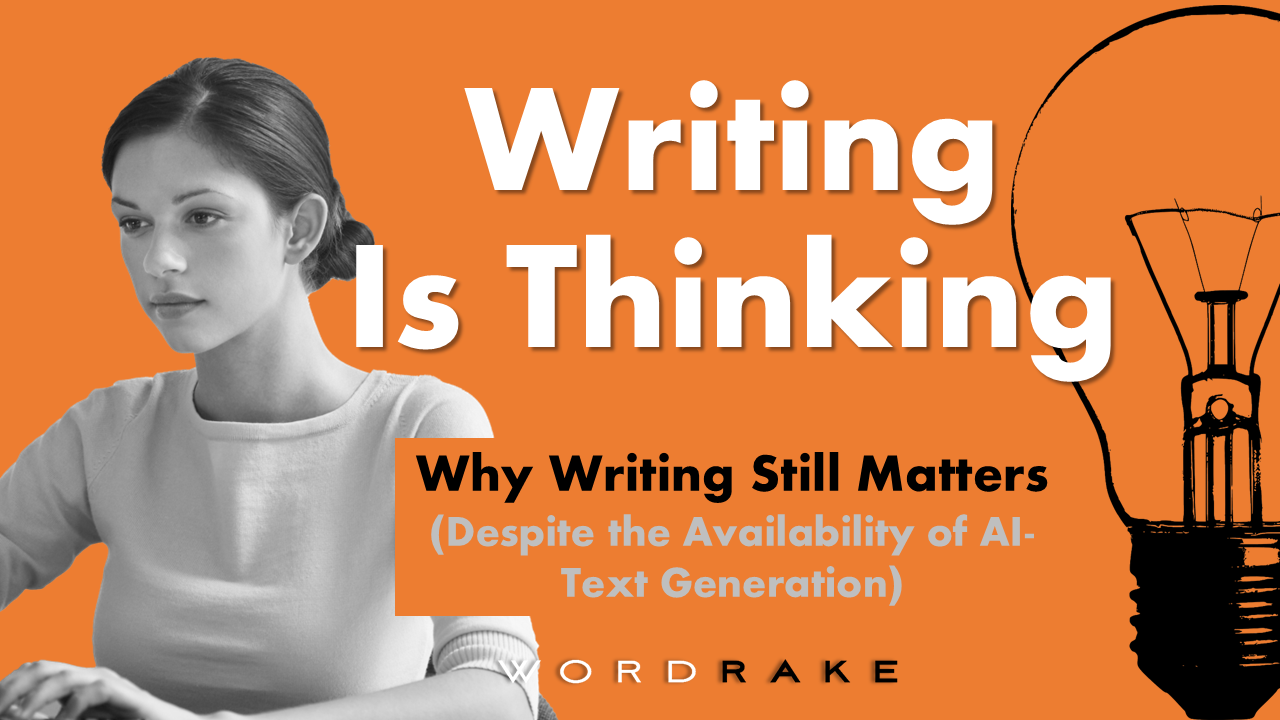J. Mason Bump, JD, MBA, CCFI is a Cryptocurrency Fraud and Blockchain Architecture expert and founder of Blockchain Expert Consulting. He's an early adopter of decentralized technologies and has acquired an in-depth knowledge of blockchain technology, tokenomics, and public policy. Here is Mason's account as a lawyer, protocol specialist, governance expert, and expert witness.
What is your professional background, and how did you become an expert witness?
I have been an attorney since 2018, when I passed the Iowa Bar after earning my J.D. with honors, an M.B.A., and an International Law Certificate from Drake University. Those three years were rigorous but rewarding, and gave me a strong foundation in the intersection of law, business, and global affairs. It was also during this time that I was first introduced to digital assets and wrote my thesis on human rights in the context of cryptocurrency and international monetary policy.
After admission to the bar, I began practicing as a general civil litigator, but I found myself continually drawn back to digital assets. This interest led me to join Figment, a leading blockchain infrastructure company, where I advanced from protocol analyst to protocol specialist and governance expert over less than four years. Wanting to merge my blockchain specialization with my legal training, I then served as protocol counsel at Ai Layer Labs, a startup focused on decentralized AI and blockchain innovation. I am currently an associate attorney specializing in civil litigation and a member of the Nebraska Bar.
In parallel with these roles, I began developing my practice as an expert witness by assisting legal teams in litigation and disputes involving digital assets. My combined experience in traditional litigation, corporate advising, and blockchain forensics allows me to provide courts and counsel with clear and credible analyses in this rapidly evolving area.
How do you prepare to write an expert witness report?
My reports always begin with the data. I first identify the specific type of digital assets at issue and then use a suite of forensic tools to analyze the surrounding context—wallets, transactions, and counterparties. From there, I look for patterns or indicators that may suggest fraud, misappropriation, or other malicious activity.
To ensure clarity, I often build custom dashboards that allow me to trace activity across multiple wallets, blockchains, and exchanges. This process helps me identify the flow and ultimate destination of funds. The goal is to provide precise technical findings and to present them in a way that is accessible to both clients and the court.
What do you think about using AI in expert witness writing? Are there ethical methods for implementing it in your practice?
AI can be a useful supporting tool in expert witness work, particularly when an investigation involves large volumes of data. It performs well when parameters are clearly defined, such as parsing transactions or highlighting patterns across multiple data points. However, AI is far less reliable when the scope of an investigation is unclear or improperly framed.
That’s why defining scope is one of the most important parts of my role as an expert. The investigator—not the tool—must set the guardrails, interpret the results, and ensure accuracy. From an ethical perspective, I view AI as an aid, not as a substitute for human judgment. I use it in a way that enhances efficiency but without compromising independence, objectivity, or the duty I owe to the court.
How do you avoid overwhelming non-expert readers with technical language?
I avoid overwhelming non-expert readers by using simple and relatable metaphors whenever possible. For example, when testifying about the effectiveness of a token used to deliver service of process to a wallet linked to a scammer, I compare it to posting a notice on the door of a building owned by the person we are trying to reach. This analogy helps translate complex blockchain concepts into something intuitive.
I also draw on established legal concepts to bridge technical ideas with familiar frameworks. By combining plain language with thoughtful analogies, I ensure my reports and testimony are accessible to judges, juries, and attorneys without sacrificing technical accuracy.
How does online visibility—like directories or profiles—help attorneys find you and evaluate your practice?
A clear, professional website combined with membership in a respected directory like Experts.com helps attorneys quickly evaluate whether my expertise aligns with their needs. My work in cryptocurrency forensics and expert witnessing is specialized, and attorneys need enough context to make an informed decision.
Experts.com and my website allow me to present that information in a structured, accessible way—these platforms package my background, methodology, and track record in a way that allows potential clients to assess my qualifications efficiently. This visibility connects me to cases and reinforces credibility in a complex and rapidly evolving field.
Have you ever had to revise a report after feedback that it wasn't clear or persuasive enough? What did you learn?
Yes. I once revised a report to better align with the scope of an investigation involving a large volume of transactions and diverse digital assets. Because of the complexity, it required ongoing collaboration with the client to determine the best way to organize and present the findings.
Through this process, we refined the scope and structure of the report, resulting in a version that was clearer and more persuasive. That report proved instrumental in resolving a highly contested divorce, which reinforced the importance of adaptability and clear communication in expert witness work.
What do you wish lawyers knew about working with expert witnesses?
I want to be as efficient and effective with your time and resources as you are. Early alignment on a clearly defined scope makes it much easier to meet—or exceed—expectations for the value and efficiency of my services. My goal is to provide closure, regardless of the ultimate outcome of my investigation and expert opinion. That closure comes from ensuring all parties are confident in the quality and integrity of the work performed to reach it.
As an expert witness, do you think there is a disconnect between the expert witness communities and attorneys and law firms?
I don’t see a broad disconnect between attorneys and the expert witness community, but I do think there is often a lack of awareness about the range of experts available. As digital assets grow in relevance—particularly among younger generations—the frequency and scale of related disputes will continue to increase. Bridging this gap requires greater education and outreach so attorneys understand how specialized experts can add value. By raising awareness of what’s possible, we can ensure attorneys have the right expertise at the right time.
What do you think most experts underestimate about being "discoverable" to attorneys?
I believe many experts underestimate how challenging it can be to build a practice with only a website as a passive presence. Experts.com addresses this by providing a proactive platform tailored for attorneys seeking specialized expertise that is difficult to locate through a standard search. This visibility connects me to potential clients and positions my practice in front of the right audience at the right time, making it an essential part of building and sustaining my expert witness practice.
About the Author
J. Mason Bump, JD, MBA, CCFI is a thought leader in the Cryptocurrency space and founded Blockchain Expert Consulting. After law school, he practiced as a litigation and appellate law attorney, and holds certifications on protocols and cryptocurrency digital fraud / forensic investigation.
As a protocol specialist and governance expert at a leading blockchain infrastructure, Mason provides high-level insight into the architecture, mechanics and economics of tokenomics, as well as into parameters of blockchain networks the company supports.
In his role as an expert witness, he assists with the development of litigation and trial strategy, regardless of the stage of the case.
Visit Mason's Experts.com profile and connect with him on LinkedIn.









